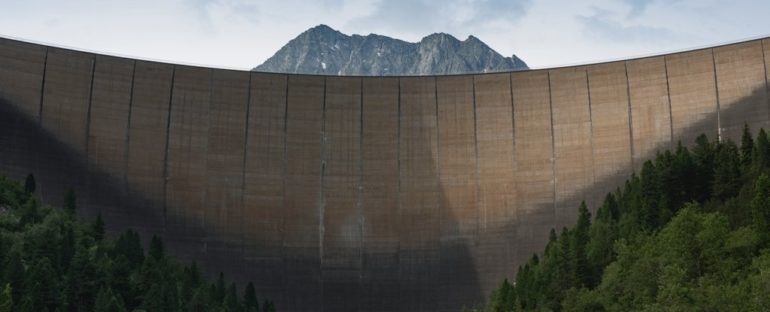A regime change of almost unimaginable scale has taken place in the natural world, reflecting humanity’s vast and growing dominance over one of our planet’s most vital resources: freshwater.
In what researchers say is the first global survey of human impacts on the water cycle, scientists have used NASA satellite measurements to remotely quantify changes in the level of water held in a stunning number of water bodies: 227,386 of the world’s ponds, lakes, and reservoirs, whether small or large.
While human-managed reservoirs such as artificial dams comprise only 3.9 percent of this giant planetary-scale system of surface-level water storage, that tiny fraction masks a mind-boggling truth about how much control humanity really exerts over freshwater fluctuations.
When the amount of overall change in water levels across both natural and human-managed systems is calculated, it turns out the human-controlled reservoirs represent 57 percent of all surface water variability – more than half of all the ebb and flow in freshwater systems.
“We tend to think of the water cycle as a purely natural system: Rain and snowmelt run into rivers, which run to the ocean where evaporation starts the whole cycle again,” explains geophysicist Sarah Cooley from Stanford University.
“But humans are actually intervening substantially in that cycle. Our work demonstrates that humans are responsible for a majority of the seasonal surface water storage variability on Earth.”
The results, gleaned from 22 months of data collected by NASA’s Ice, Cloud and land Elevation Satellite 2 (ICESat-2), provide a first-of-their-kind snapshot of water storage around the globe, capturing and measuring water bodies as small as a football field within the survey.
“Previous satellites have not been able to come anywhere close to that,” Cooley says, but while the scientific achievements are admirable, the takeaways are not.
“There are a lot of ways in which this is bad for the environment.”
Risks range from negative effects on natural ecosystems due to water shortages, to the spectre of greenhouse gas emissions emanating from artificial reservoirs.
Of course, there are other positives of human-run reservoirs too: beyond simply controlling water supply, they enable things like hydropower systems, while dams can also offer protection against flooding.
Still, the realisation that we’ve assumed majority control over something as natural as the ebb and flow of freshwater is a disquieting discovery.
Another stark reminder of just how much effect our species has on the environment around us – with consequences so impossibly big, we can only hope to see them from space.
“Of all the volume changes in freshwater bodies around the planet – all the floods, droughts and snowmelt that push lake levels up and down – humans have commandeered almost 60 percent of that variability,” says environmental scientist Laurence Smith from Brown University.
“That’s a tremendous influence on the water cycle. In terms of human impact on the planet, this is right up there with impacts on land cover and atmospheric chemistry.”
The findings are reported in Nature.



